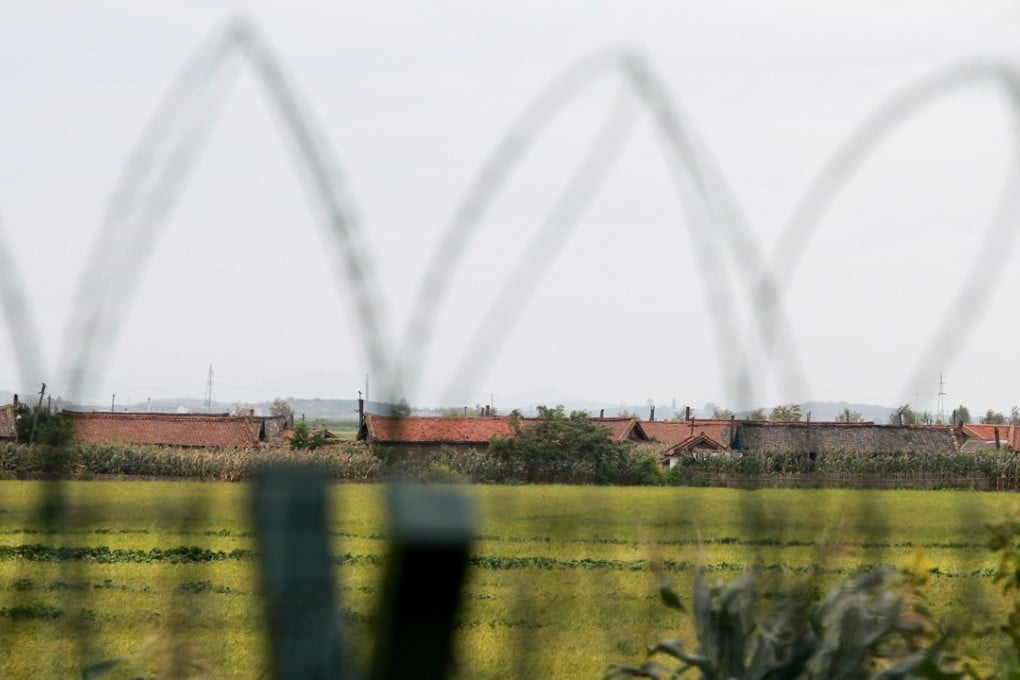Trafficked North Korean ‘bride’ reveals her desperate flight from China
China has made life dangerous for North Korean refugees living in the country amid the escalating nuclear weapons crisis, NGO’s leader says

Mi-young’s chance came when her mother-in-law let her go into town to run some errands.
Sold into marriage in China, the 24-year-old North Korean woman was desperate to flee the bleak life with her “husband” and the constant monitoring of the older woman.
She had crossed into China with the help of a “trader” on the promise of a job as a waitress, hoping to send money back to her family.
Mi-young’s family had fallen on hard times since her father was sent to a labour camp two years ago and her own attempt at running a business from home had failed.
“Our family’s destiny in North Korea seemed very dismal,” she said.
But the nightmare only continued in China. The smuggler was a human trafficker who passed Mi-young off to another Chinese broker and his North Korean wife. They locked her in their home until she agreed to go live with a Chinese “husband”.